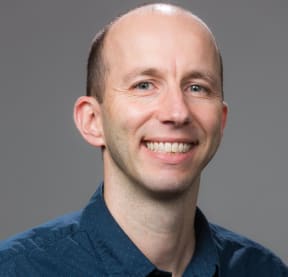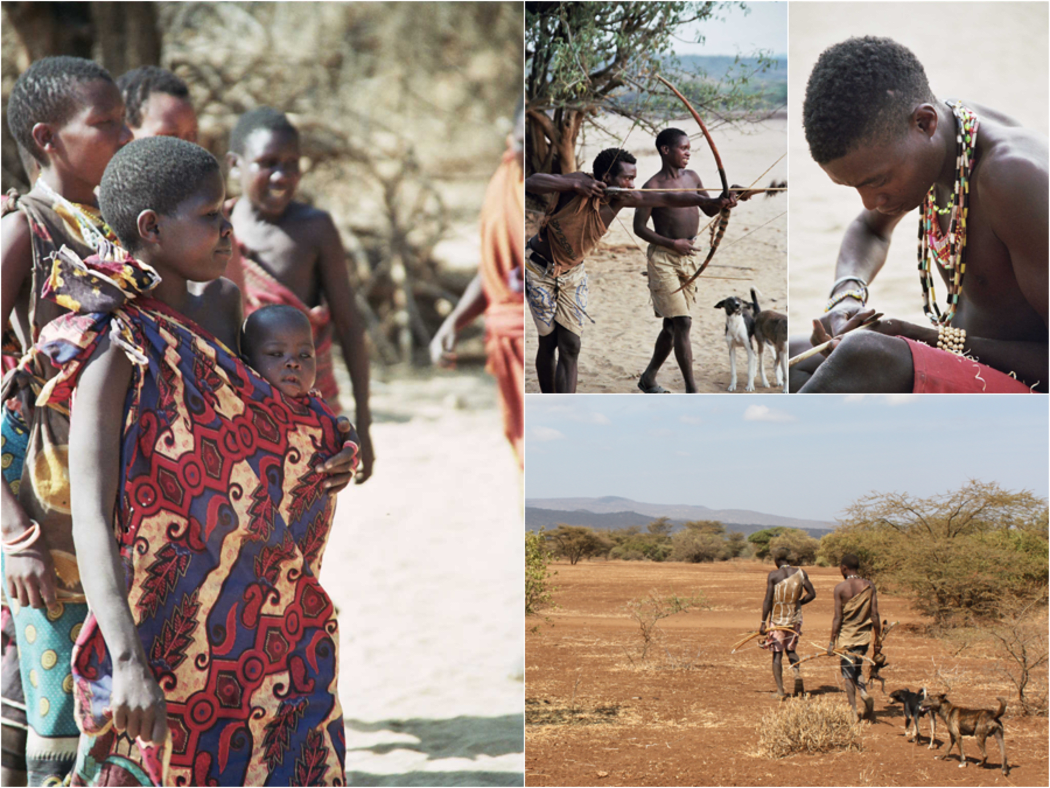Evolutionary anthropologist Herman Pontzer busts misconceptions about metabolism, including the idea that it slows down as we age, in the new book Burn.

Photo: Greg Rosen / Unsplash

Herman Pontzer Photo: Duke University, North Carolina
Before researching Tanzania’s Hadza people – a hunter-gatherer tribe who each take about 13,000 to 19,000 steps a day – Pontzer believed they would use more energy than the average city-dweller.
"To our shock, they were burning the same number of calories as people are in the US, in Europe, in New Zealand and every other industrialised country on the planet," he tells Jesse Mulligan.
"It was a total mind-blowing observation to just change the way I've thought about metabolism since and all the work I've done since."
This breakthrough led Pontzer to drill down on the idea that unused energy gets stored as fat.
"What [that belief] gets wrong is that it puts us in charge of the engine, it puts us in the driver seat and we can rev our engine up with some exercise. Or if you believe the latest fads, you could rev your engine up with some metabolic-boosting food.
"What we're learning more and more is that we're not in charge of our metabolism ... in the ways we think, and different tasks can trade off against one another.
"If you're more active, it doesn't necessarily translate into burning more calories.
"We checked with the Hadza [tribe] especially, but we've looked at this elsewhere too, it isn't that your body somehow figures out how to be more efficient in movement ... what must be happening and what the evidence says, they are changing the way they spend their calories, so they're spending less on other stuff, more on physical activity."

The Hadza people of Tanzania Photo: Joey Roe / CC BY 3.0
Modern humans now burn calories in non-traditional ways, he says.
"We've actually changed the way our cells burn energy and ramped it up. So if you go back that far, you'll see an evolutionary difference in energy expenditure.
"It's not just your exercise, I like to say your brain runs [5 kilometres] a day. [But] no matter how hard you think you're thinking, it burns about 300 kilocalories a day, that's the equivalent of a 5km [run]."
So how are our calories getting burned if we don't have to hunt for food?
"Here's what we do know, in the industrialised world, people have sky-high inflammation levels, sky-high reproductive hormone levels, stress reactivity is probably higher if you don't exercise, and so we think that the body is sort of spending energy on these things that it doesn't really need to do.
"It's a bit of a contradiction - exercise might be good for you, not because it makes you burn more calories, but because it makes you burn your calories differently.
"Your reaction to stress is lower if you're an exerciser, the cortisol levels don't shoot up as high, the adrenaline levels don't shoot up as high if you're fit. Reproductive hormones like testosterone and estrogen are in, we think, a healthier place."
It's a myth that we naturally put on weight as we age because our metabolism slows down, Pontzer says.
A study of more than 6,000 people from around the world found metabolism levels remained stable between the ages of 20 and 60.
"After you account for body size, you see these really clear periods of life that are distinct in how your body is burning calories."
Weight problems when we age might be linked to the consumption of ultra-processed foods and changes in hormones, stress or sleep, he says.
"All these modern engineered foods, they're literally designed to be overconsumed. So we shouldn't be shocked when we over-consume them."
Pontzer is now excited about exploring metabolic changes in childhood and over the age of 60 when our cell growth starts to slow down.

